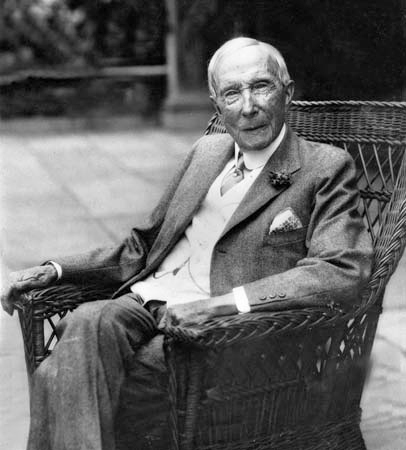Many of us have last names that were passed down from English ancestors. If you know that your family comes from English or if your last name is pronounceable in English and you can actually recognize one or many words from the standard English vocabulary, it could tell you quite a bit about the history of your lineage.
Surnames were not commonly used until the 1060s, but when the population started to grow, it made it necessary to be more specific when referring to someone. At first, appellations were mere description such as Thomas the Baker, Norman son of Richard, Henry the Whitehead, Elizabeth of the Field, and Joan of York. These descriptions were then turned into the surnames we now know and use. There are perhaps 45,000 different English surnames, but most had their origins as one of these seven types.
7. Occupational
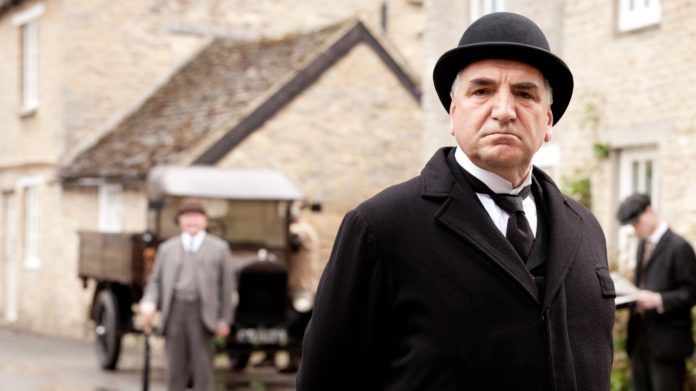
Occupational names identified people based on their job or position in society. Some of the most frequent occupational names include Archer, Baker, Brewer, Butcher, Carter, Clark, Cooper, Carpenter, Cook, Dyer, Farmer, Faulkner, Fisher, Fuller, Gardener, Glover, Head, Hunt or Hunter, Judge, Knight, Mason, Page, Parker, Potter, Sawyer, Slater, Smith, Taylor, Thatcher, Turner, Weaver, Woodman, and Wright (or variations such as Cartwright and Wainwright) — and there are many more.
This kind of name could also be used as an indication of whom a servant worked for. For example, someone named Williams might have been a servant to Mr. William.
6. Describing a Personal Characteristic

Some names come from adjectives based on nicknames that described a person. They might have been about a person’s size, color, or any other noteworthy character trait. For example, someone named Peacock might have been considered vain. Other example of characteristic name are : Short, Long, Little, Black, White, Green, or Red, which could have evolved into Reed, Stern, Strong, Swift and more.
5. From an English Place Name
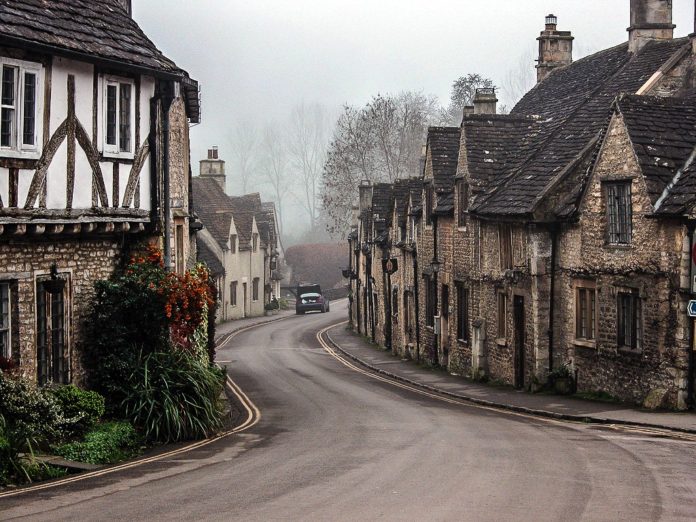
A last name may point to where a person was born, lived, worked, or owned land. From the name of a house, farm or hamlet to a town or county. For examples, Bedford, Burton, Hamilton, Hampshire, Sutton and London are all surnames of places.
4. From The Name of an Estate
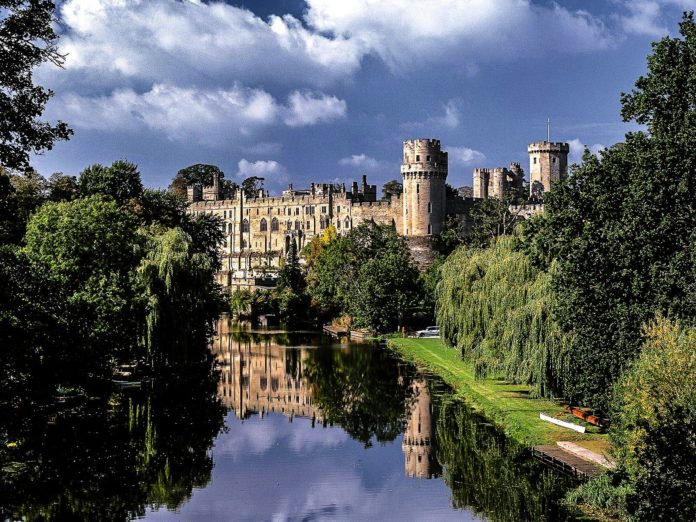
Those descended from landowners sometimes took the name of their holdings, castle, manor, or estates as their last name as it is the case for Ernle or Staunton. Windsor might be the most famous example. It was the surname George V adopted for the British royal family.
3. From a Geographical Feature of The Landscape
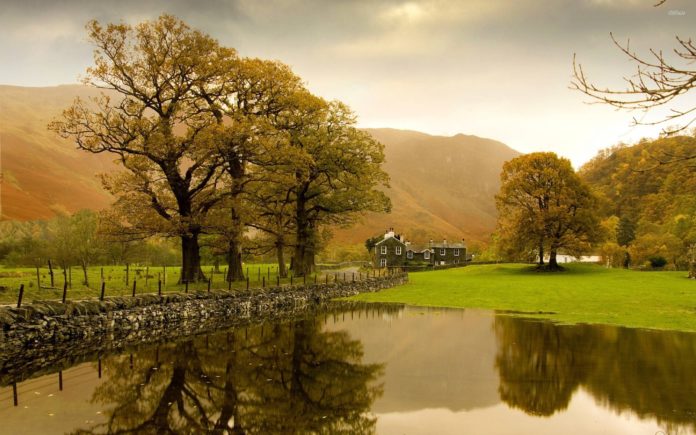
Some examples are Bridge, Brooks, Bush, Camp, Fields, Forest, Greenwood, Grove, Hill, Knolles, Lake, Moore, Perry, Stone, Wold, Wood, and Woodruff. Author Margaret Atwood is probably descended from someone who lived “at the wood.”
2. Patronymic, Matronymic, or Ancestral
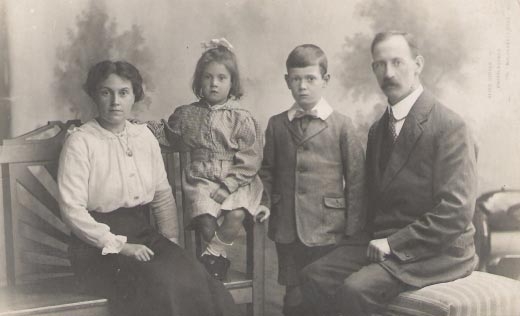
Patronymic surnames are names based on one’s father or any other male given name. They include Benson (“the son of Ben”), Davis, Dawson, Evans, Harris, Harrison, Jackson, Jones (Welsh for John), Nicholson, Richardson, Robinson, Rogers, Simpson, Stephenson, Thompson, Watson, and Wilson.
Matronymic names come from one’s mother or any other female given name. They include Molson (from Moll, for Mary), Madison (from Maud), Emmott (from Emma), and Marriott (from Mary).
Scottish clan names are also very present as ancestral surnames. These include Armstrong, Cameron, Campbell, Crawford, Douglas, Forbes, Grant, Henderson, Hunter, MacDonald, and Stewart.


![[Photos] Why WD-40 Is Magic In Your Garden?](https://lifetonik.com/wp-content/uploads/sites/7/2019/08/WD40-Prices-Highres_Page_8_Image_0008-218x150.jpg)





![[Photos] Take A Look Of The Obama’s New Home Before It’s Banned](https://lifetonik.com/wp-content/uploads/sites/7/2019/07/Obama1-218x150.jpg)

![[Slideshow] Celebrity Homes: 21 Of The Most Luxurious](https://lifetonik.com/wp-content/uploads/sites/7/2019/07/Taylor-Swift-218x150.jpg)
![[Slideshow] More Parents Are Now Gluing Pennies to the Bottom of their Kid’s Shoes](https://lifetonik.com/wp-content/uploads/sites/7/2019/07/Keep-Them-Entertained-218x150.jpeg)
![[Photos] 20 Fashion Mistakes That Too Many Women Make!](https://lifetonik.com/wp-content/uploads/sites/7/2019/07/5-style-mistakes-that-make-you-look-frumpy-featured-218x150.jpg)





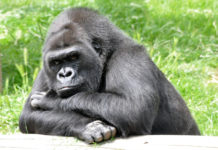













![[Gallery] 25 Discounts For Seniors To Which You Are Entitled Without Knowing It](https://lifetonik.com/wp-content/uploads/sites/7/2019/08/EAZxECUXUAAvNZR-218x150.jpg)
![[Slideshow] Here’s the salary of every governor in the United States](https://lifetonik.com/wp-content/uploads/sites/7/2019/08/Charlie-Baker-218x150.jpg)
![[Photos] No One Will Want To Buy This House After Seeing These Pictures](https://lifetonik.com/wp-content/uploads/sites/7/2019/08/terrible-real-estate-photos-2-5c35e727c9f95__700-218x150.jpg)

